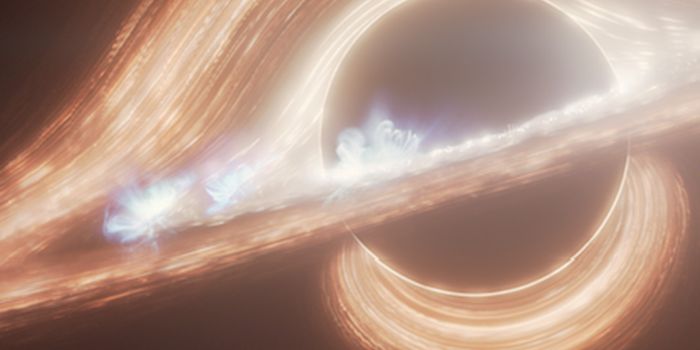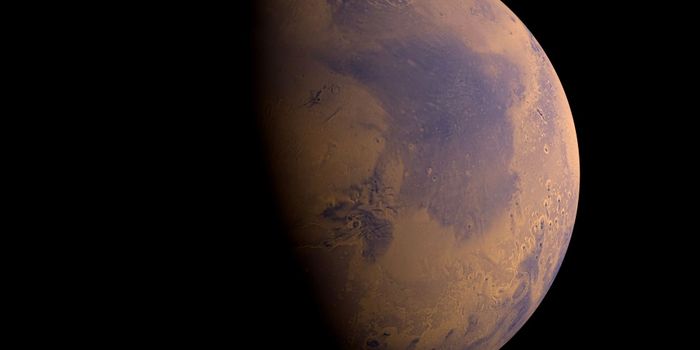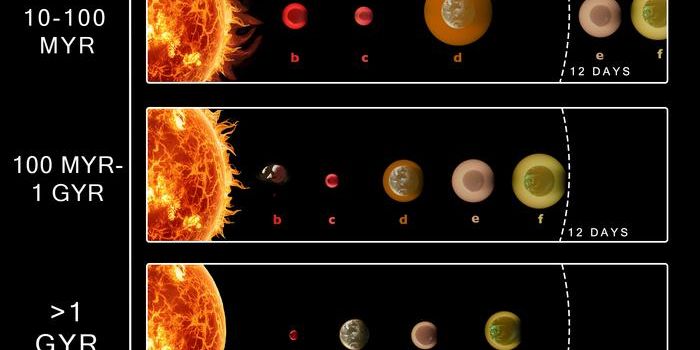A new theory on Earth's formation
You’ve probably seen the analogy of the Earth’s timeline compared to a one day, 24-hour period. If not, take a look at the video below to get a quick understanding.
According to this analogy, Earth formed as a result of random collisions between other planetary bodies between five and fifteen minutes into the day (equivalent to several tens of millions of years in real life). But that’s according to the traditional line of thought in Earth’s formation. Now new research from the Centre for Star and Planet Formation (StarPlan) at the Globe Institute at the University of Copenhagen is suggesting otherwise.
Under this alternation theory, the researchers suggest our planet formed within a time span of approximately five million years, equivalent to about a minute and a half in the 24-hour analogy. Such a formation is surprisingly rapid.
"The other idea is that we start from dust, essentially. Millimeter-sized objects, all coming together, raining down on the growing body and making the planet in one go," says the study's lead author, Associate Professor Martin Schiller. "Not only is this implication of the rapid formation of the Earth interesting for our solar system. It is also interesting to assess how likely it is for planets to form somewhere else in the galaxy."
The researchers arrived at this new theory of cosmic dust accretion by analyzing precise measurements of iron isotopes. They said that their analysis revealed only one kind of meteoritic material with a composition similar to Earth. Schiller elaborates the inference behind this, explaining, "If the Earth's formation was a random process where you just smashed bodies together, you would never be able to compare the iron composition of the Earth to only one type of meteorite. You would get a mixture of everything.”
Referring to the discovery of exoplanets, co-author Professor Martin Bizzarro comments on the implications of this formation theory:
"Now we know that planet formation happens everywhere. That we have generic mechanisms that work and make planetary systems. When we understand these mechanisms in our own solar system, we might make similar inferences about other planetary systems in the galaxy. Including at which point and how often water is accreted," he says. "If the theory of early planetary accretion really is correct, water is likely just a by-product of the formation of a planet like the Earth -- making the ingredients of life, as we know it, more likely to be found elsewhere in the universe."
Sources: Science Advances, Science Daily









